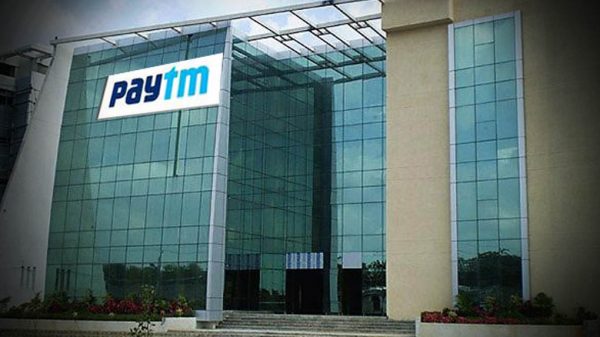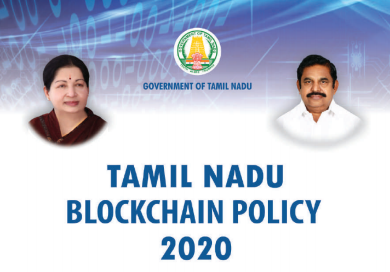Tamil Nadu on September 19 announced a blockchain policy as a "a guide for the path ahead" in using the technology in the state". Blockchain, or distributed ledger technology, is a type of decentralised information architecture that records transactions in a permanent and verifiable way. The Tamil Nadu Blockchain Policy, 2020, was released alongside the Tamil Nadu Cyber Security Policy, 2020 and the Tamil Nadu Safe & Ethical Artificial Intelligence Policy, 2020. The blockchain policy envisages that it will be used in delivering citizen-centric services, including healthcare and a "portable digital identity". The policy lays emphasis on privacy and data security while praising the permanence and reliability of information on blockchain ledgers. Summary Introduction: Governments around the world and in India have planned to implement blockchain in governance due to the transparency and efficiency it brings about; the technology may be useful in land registration, healthcare, and digital identity. Tamil Nadu Chief Minister Edappady K. Palaniswami showed leadership in this area by announcing the Tamil Nadu State-wide Blockchain Backbone. Blockchain, however, should only be used when there are clear advantages in doing so. Why blockchain in e-Governance? Blockchain as a technology is transparent, immutable, and interoperable. As such, it can be used in governments as a) a seamless inter-departmental data exchange mechanism with accountable, shared ledgers and smart contract enabled workflows to ensure data security and ownership; b) a source of authenticating and verifying government information and data; c) verify document authenticity by comparing with blockchain version, as this is less susceptible…





























